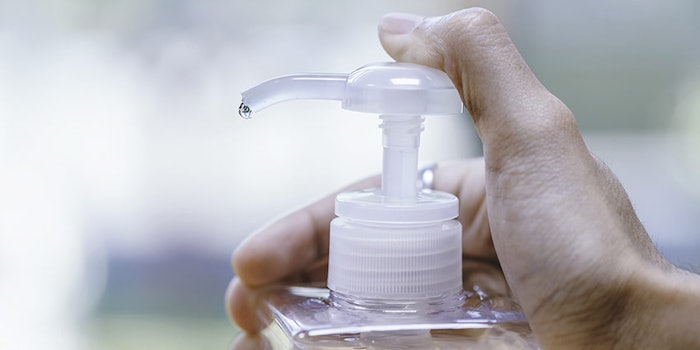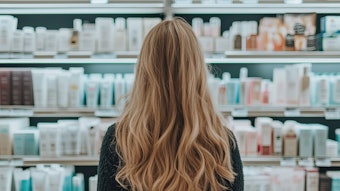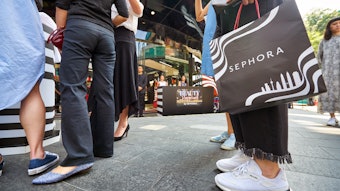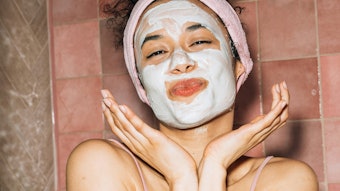
In the interest of self-preservation, by now, most consumers have washed, sanitized and stripped their skin to squeaky clean to ensure they are protected against COVID-19. These, of course, are crucial life-saving moves but they carry with them longer-term implications for skin once the immediate threat is removed.
In a recent interview, renowned dermatologist Howard Maibach (HM), M.D., considered the cumulative irritation this can cause and a means to restore the skin’s integrity in what will, no doubt, shape a future market trend. Following is an adapted excerpt.
C&T: What are the implications of repeated and continuous cleansing and sanitizing skin?
HM: The COVID-19 organism has a fatty outside layer and a lipid layer, and soaps and detergents work against it. How well they work specifically for skin remains to be determined but it makes sense, in the meanwhile and until more data is available, to continue washing.
The problem is that sometimes people get carried away. If they use too much soap, they can damage the skin. If they use water that is too hot, they can damage the skin. ... What you’re dealing with here is called cumulative irritation. It’s part of the irritant dermatitis syndrome.
What happens is, say you use your grandmother’s Ivory soap for days, weeks, months, sometimes years and all of a sudden, you get a rash. You think it is an allergy but patch-testing shows it is not ... such cumulative irritation is very common whereas allergic contact dermatitis is less common.
C&T: Once skin is irritated, besides being kinder to it while cleansing, how can negative effects be overcome, and how might this shape future products?
HM: To the former, you could let your skin rest and then go slowly back and see what level of soap, quality of soap, duration of soap and duration of the hot water you can tolerate.
As for the latter, you know how your friends at dinners and cocktail parties ask you about what SPF means for sunscreens? You’ve not seen the same for soaps. You haven’t seen the same for detergents. You haven’t seen the same for moisturizers. So maybe that will be the beginning of new market claims because a consumer probably wants it, now; and because not all moisturizers are the same.
Howard Maibach, M.D., Dermatologist and Professor of Dermatology, School of Medicine, University of California at San Francisco











